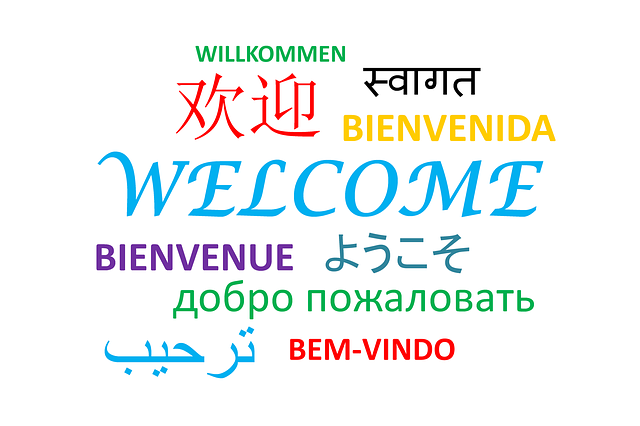Asking the price is one of the most useful tools in your language toolkit. Today, we’ll learn how to say it naturally in five major languages.
Lets look at “How Much Is It?” in Spanish, Italian, Portuguese, German, French
Spanish
1. Word Overview
- Native Phrase: ¿Cuánto cuesta?
- English Translation: How much is it?
- Part of Speech: Interrogative phrase (verb: costar)
- IPA Pronunciation: /ˈkwan.to ˈkwes.ta/
2. Example Sentence
- ¿Cuánto cuesta este libro?
- How much is this book?
Use cuánto cuesta for singular items; cuánto cuestan for plural.
3. Mini Grammar or Culture Note
In markets or informal situations, people often drop the “¿” in speech. You can also ask ¿Cuál es el precio? for “What’s the price?”
4. Daily Practice Challenge
Find 3 everyday items and say aloud: ¿Cuánto cuesta…? followed by their names in Spanish.
Italian
1. Word Overview
- Native Phrase: Quanto costa?
- English Translation: How much is it?
- Part of Speech: Interrogative sentence (verb: costare)
- IPA Pronunciation: /ˈkwan.to ˈkɔs.ta/
2. Example Sentence
- Quanto costa questo panino?
- How much is this sandwich?
Use costa (singular), costano (plural). Add the item directly after quanto costa.
3. Mini Grammar or Culture Note
In Italian shops, it’s common to ask this directly or combine it with Scusi or Mi scusi to be polite.
4. Daily Practice Challenge
Imagine you’re at a café. Say aloud: Quanto costa un caffè? and look up a typical price in Italy.
Portuguese
1. Word Overview
- Native Phrase: Quanto custa?
- English Translation: How much is it?
- Part of Speech: Interrogative sentence (verb: custar)
- IPA Pronunciation: /ˈkwɐ̃.tu ˈkus.ta/ (Brazilian Portuguese)
2. Example Sentence
- Quanto custa essa camisa?
- How much is this shirt?
For plural, say Quanto custam…? Example: Quanto custam os livros?
3. Mini Grammar or Culture Note
Use essa (that) or esta (this) to refer to nearby objects. Quanto é? is also a very casual way to ask “How much?”
4. Daily Practice Challenge
Visit an online Brazilian store and write down 3 things. Say: Quanto custa…? for each one.
German
1. Word Overview
- Native Phrase: Wie viel kostet das?
- English Translation: How much is it?
- Part of Speech: Interrogative sentence
- IPA Pronunciation: /viː fiːl ˈkɔs.tət das/
2. Example Sentence
- Wie viel kostet der Kaffee?
- How much is the coffee?
Wie viel = how much; kostet = costs (from kosten).
3. Mini Grammar or Culture Note
Das refers to “that/this.” You can also replace it with the object name. For multiple items: Wie viel kosten…?
4. Daily Practice Challenge
Pretend you’re at a bakery. Ask: Wie viel kostet das Brot? Try changing the noun each time.
French
1. Word Overview
- Native Phrase: Ça coûte combien ?
- English Translation: How much is it?
- Part of Speech: Interrogative sentence
- IPA Pronunciation: /sa kut kɔ̃.bjɛ̃/
2. Example Sentence
- Ça coûte combien, ce pull ?
- How much is this sweater?
You can also ask: Combien ça coûte ? — both are common.
3. Mini Grammar or Culture Note
Ça = this/that/it. Combien = how much. In formal shops, you can ask: Quel est le prix de…?
4. Daily Practice Challenge
Write a list of 3 items in French. For each, say: Ça coûte combien, [item]?
Multilingual Bonus
| Language | Phrase | IPA Pronunciation |
|---|---|---|
| Spanish | ¿Cuánto cuesta? | /ˈkwan.to ˈkwes.ta/ |
| Italian | Quanto costa? | /ˈkwan.to ˈkɔs.ta/ |
| Portuguese | Quanto custa? | /ˈkwɐ̃.tu ˈkus.ta/ |
| German | Wie viel kostet das? | /viː fiːl ˈkɔs.tət das/ |
| French | Ça coûte combien ? | /sa kut kɔ̃.bjɛ̃/ |

